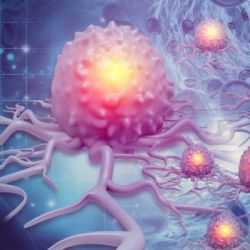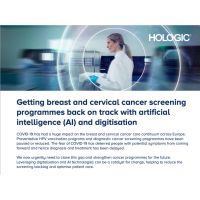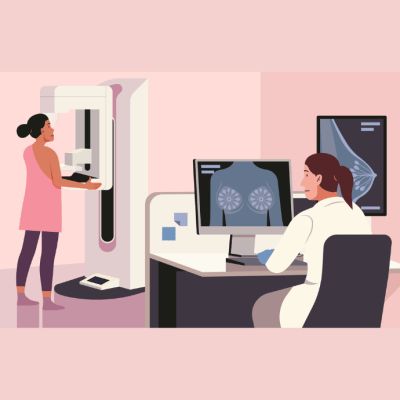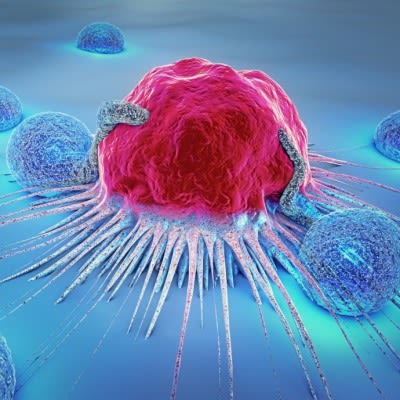There has been speculation for many years that hormone replacement therapy (HRT) may increase the risk of breast cancer. HRT is used to relieve menopausal symptoms like night sweats and hot flashes. HRT formulations are available as an oestrogen-only pill or a combination of progesterone and oestrogen. There are also HRT creams, gels, and patches.
A new study published in the BMJ provides new estimates on the increased risks of breast cancer associated with the use of different hormone replacement formulas.
The study confirms that HRT is associated with a heightened risk of breast cancer, especially in elderly females. However, the study suggests that for long term HRT use, the heightened risks are lower than those reported in a recent meta-analysis that combined the results of 24 studies. More importantly, the present study reveals a gradual decline in the risks of breast cancer once HRT is discontinued, compared with the same meta-analysis report.
Previous studies have shown that the long-term use of HRT tablets was associated with an increased risk of breast cancer, mainly due to progesterone. A meta-analysis conducted in 2019 reported that the expected risks of breast cancer were much higher with HRT but did not provide much clarity on the duration of HRT and the different formulas. This prompted researchers at the Universities of Oxford and Nottingham to evaluate the different risk of breast cancer associated with the different formulas and individual substances used in HRT.
The researchers assess the two UK primary care databases (CPRD and Qresearch) linked to healthcare records to compare the different HRT prescriptions between the years 1998 and 2018 in 98,611 women aged 50-79 who had been diagnosed with breast cancer. The control group included 457,498 women of similar age and the same clinical practice who did not develop breast cancer.
The researchers analysed the risks associated with the type of HRT (oestrogen and progesterone, and oestrogen-only) over 1-5 years (recent), more than five years, and less than five years. Factors like alcohol consumption, smoking history, family history, use of other medications, and predicting comorbidity were all taken into account.
The results revealed that 33,703 (34%) women diagnosed with breast cancer and 134,391 (31%) control had used HRT recently or in the past. The risks of breast cancer were mostly associated with the oestrogen-progesterone formula, but only a small increase was observed with the oestrogen-only treatment.
Past short-term use of oestrogen-progesterone and past long term use of oestrogen-only treatment was not associated with an increased risk. However, the risks associated with long term oestrogen-progesterone use persisted.
To understand the risks in clinical terms, in recent oestrogen users, between 3-8 additional cases per 10,000 women-years can be expected, and in the oestrogen-progesterone users, between 9-36 additional cases per 10,000 women-years.
This was primarily an observational assessment, and hence the cause cannot be established. In any case, the study shows a lower increased risk of breast cancer with long-term HRT use and a decline in the risk once the HRT is discontinued.
Source: BMJ
Image Credit: iStock






















